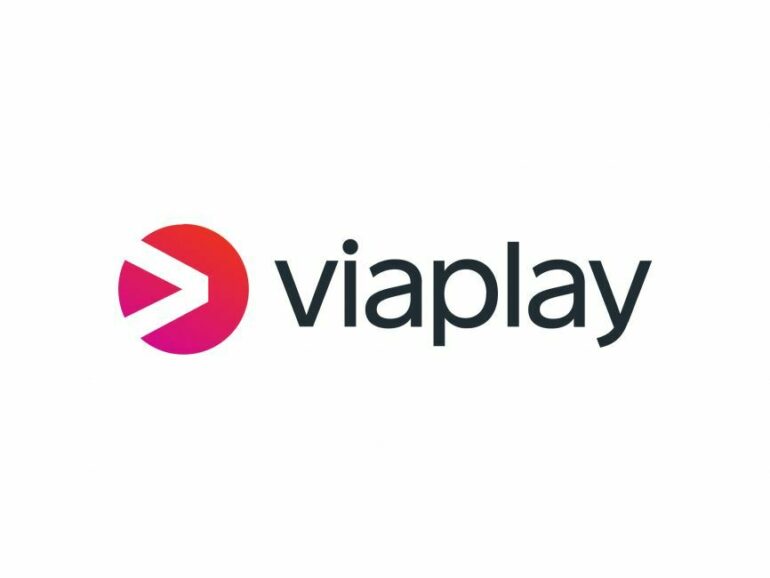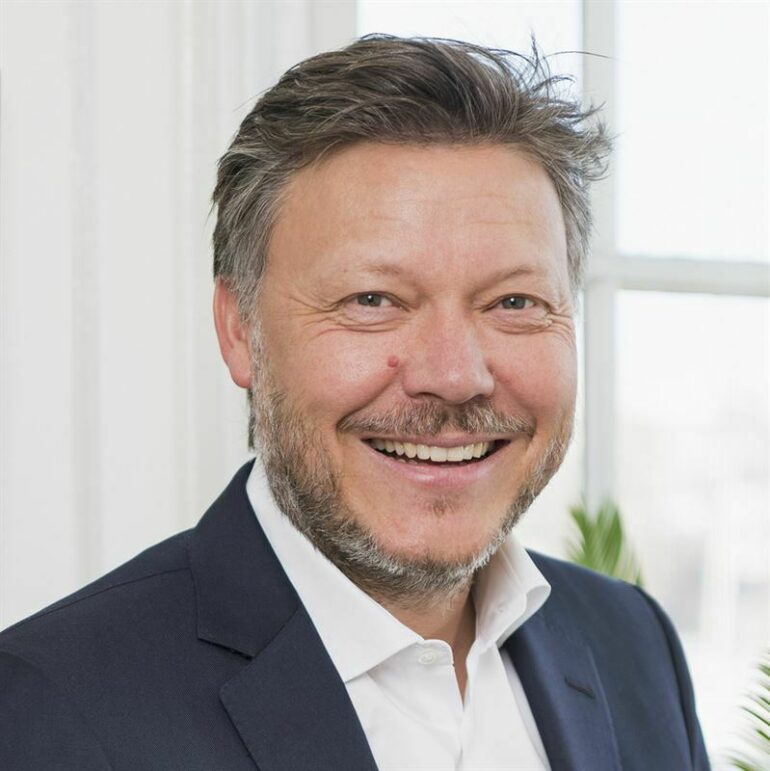WRITTEN BY: Annika Pham
Producers and public bodies alike lament the downturn of the major investor in Nordic scripted content, which has implemented a major cost cutting programme.
As the industry is slowly emerging from a record-hot and eventful July, notably with the on-going actors and writers' strike in Hollywood, creators and providers of Nordic scripted content have to adjust to a harsh new reality.
On July 20, one of the biggest commissioners of Nordic series and films -Viaplay Group, announced that it would cut 25% of its workforce (more than 400 of its 1691 employees as of late 2022) and its delivery of originals scripted productions, from around 50 to 10 titles a year. The major streamer will also revise its international footprint and move out of the US, UK, Poland and Baltics, to refocus on the group’s core Nordic, Netherlands and Viaplay Select operations.
Viaplay’s thunderous announcement and one of the most spectacular company strategy U-turns in recent times in the Nordic audio-visual industry, coincided with the group’s Q2 interim report (CLICK HERE), that revealed a sharp drop of over 1 million subscribers from Q1 - to 6,631,000, and predicted full year operating losses (before ACI and IAC) of approximately SEK 850-1,050 million for 2023.
To strengthen the Nasdaq Stockholm listed Group’s capital structure and liquidity, Viaplay’s CEO and President Jørgen Madsen Lindemann, who took over from Anders Jensen in June, said his company was considering “all options” - content sub-licensing, asset disposals, equity injections-even the sale of the whole company.
In the meantime, French group Canal+ was announced as a new strategic partner and 12% stakeholder of Viaplay.
External/internal challenges
Viaplay’s dramatic downturn comes amid a series of challenging factors such as the micro-economic climate, weak advertising market, escalating original content costs, sports rights inflation and customer quick churning (people jumping in and out of subscriptions), that forced other major streaming services to streamline their assets. Other external factors mentioned by Lindemann in the Q2 interim report include adverse currency rates.
But internal decision-making from the past leadership team is also to blame, according to the company's new boss and former CEO of MTG, previous parent company of Viaplay Group.
“The content investments that have been made are not all paying off, and are committed in the short and medium term. Furthermore, the pursuit of subscriber volume growth has been at the cost of value, especially when it comes to our partner agreements,” Lindemann argued.
Indeed, according to Viaplay, in-house produced scripted content accounted for 29% of its costs in 2022 but only 8% of viewership, while in-house non-scripted represented 9% of costs and 12% of viewing, with the bulk of the viewing (80%) and spend (62%) coming from acquired content.
Going forward, the Viaplay Group 2.0 will go back to its core as a leading Nordic entertainment player, with a content strategy focused on sports rights renewals and sub-licensing, and a much-reduced offer of scripted films and series, counterbalanced by a bigger push into non-scripted.
The group also plans to go back to a country-by-country managerial structure, with new local CEOs in Sweden, Finland and Norway soon to join Lars Bo Jeppesen, EVP & CEO for Denmark and Iceland, and Peter Nørrelund, Sports, EVP & Chief Sports & Business Development Officer, all reporting to Lindemann.
Industry reactions
Across the Nordics, decision-makers were not surprised by Viaplay’s reversal of fortune.
“Viaplay announced a big cost-saving plan a year ago and from that on, things just got worse. We saw a change in leadership a month ago and we had very few investments in new programmes for almost a year, so we were prepared for the worst,” said Jørgen Ramskov, head of the Danish Producers Association.
Rikke Ennis, CEO at REinvent Studios, which teamed up with Viaplay on several series including TROM, said: “The content market has been overheated and the number of originals in which Viaplay has invested is huge. It’s a number game, and if the subscribers aren’t adding up, it is simply not worthwhile. The expansion of Viaplay was a great and very ambitious idea, but the competition is outrageous and takes enormous investments, and the inflation on top of that is critical,” she noted.
For his part Tim King, SF Studios’ EVP Production said he was taken aback by “the extent and speed” of Viaplay’s downturn, although the group’s strategy of rapid expansion in new territories left him somewhat puzzled.
Viaplay’s new masterplan to up its stakes in the non-scripted space and slash its scripted investments, is another topic of serious concern for Nordic producers.
Speaking about the impact on the Danish industry, Ramskov said Viaplay’s move away from scripted content would have “grave consequences” for the production companies as the Nordic streamer was until recently one of the top three biggest investors in Danish scripted content. Ramskov was still hopeful for Viaplay’s plans to up their investments in non-scripted.
For Ennis, Viaplay’s change of content strategy is a “huge blow” to the production companies in the Nordics and in particular in Denmark, as it comes “on top of the recent Create Denmark situation, the lack of tax debate, the media levy and rising production costs that will be fatal to several companies”. “I think we have only seen the top of the iceberg,” she warned.
Looking at a possible new industry paradigm, Ennis predicted a possible consolidation of the industry, with international media groups buying smaller production companies to secure development and cashflow. She also foresaw bigger streamers upping their acquisitions to counterbalance the cuts in original content production.
“REinvent is in a good place since we have sales and we are curious to find new ways of producing. We will keep on inventing in great Nordic stories-perhaps even more than ever”, she stated.
From Finland, Laura Kuulasmaa, Executive Director of APFI (Audiovisual Producers Finland) said the impact of Viaplay’s new content strategy would most likely not have a major impact locally “due to the co-op between Elisa Viihde and Viaplay”. “Viaplay hasn’t commissioned anything from Finland and Elisa is responsible for the Finnish originals and local acquisitions for the Elisa Viihde Viaplay service,” she underlined.
From Norway, Sveinung Golimo, producer and managing director of Nordisk Film Production Norway said: “Viaplay had in a short time become the biggest buyer of Nordic drama series. They did some bold moves in the high-end and had a great volume. As a producer we were also involved in their work on new talents, with their Viaplay Original Talent Awards,” said Golimo, referring to the Berlinale Special Mention winning series The Architect.
“Of course,” continues the veteran producer, “Viaplay’s downturn will have a huge impact on the industry, especially as this comes shortly after HBO Max shutting down their local drama production in the Nordics, and several broadcasters also have budget cuts affecting their drama departments. But hopefully new players like Amazon and Sky Showtime, will increase their investments in local content in the coming years. “
“Still, there is no doubt that the total market will shrink,” said the senior producer, who cited two Nordisk Film Production Norway projects originally backed by Viaplay, now in the limbo: a new talent project due to start filming in August, and a bigger series in development, scheduled to shoot in 2024. “Now we have to search for new homes for those projects,” said the executive producer of Narvik: Hitler’s First Defeat and The Architect.
Kjersti Mo, CEO at the Norwegian Film Institute (NFI), said “repercussions of the Viaplay collapse will be significant”, as the streaming group “made innovation and new talents their trademark.”
For the head of the NFI, the Stockholm-based streaming group also offered a welcome “alternative to both the national broadcasters and US streamers, with their Nordic scope”, therefore contributing to “a more diverse market, for the benefit of players in both production and distribution.”
On a positive closing note, Mo underscored the Norwegian and Nordic industry’s ability to adapt to a challenging market and bounce back. “A lot of excellent TV drama was made in Norway and the Nordic countries before Viaplay entered the market. Norwegian and Nordic producers, directors, and scriptwriters are skilled, creative, and in demand in the drama industry. Both for streamers and broadcasters, it will still be a competitive advantage to offer innovative and relevant TV drama,” she asserted.

